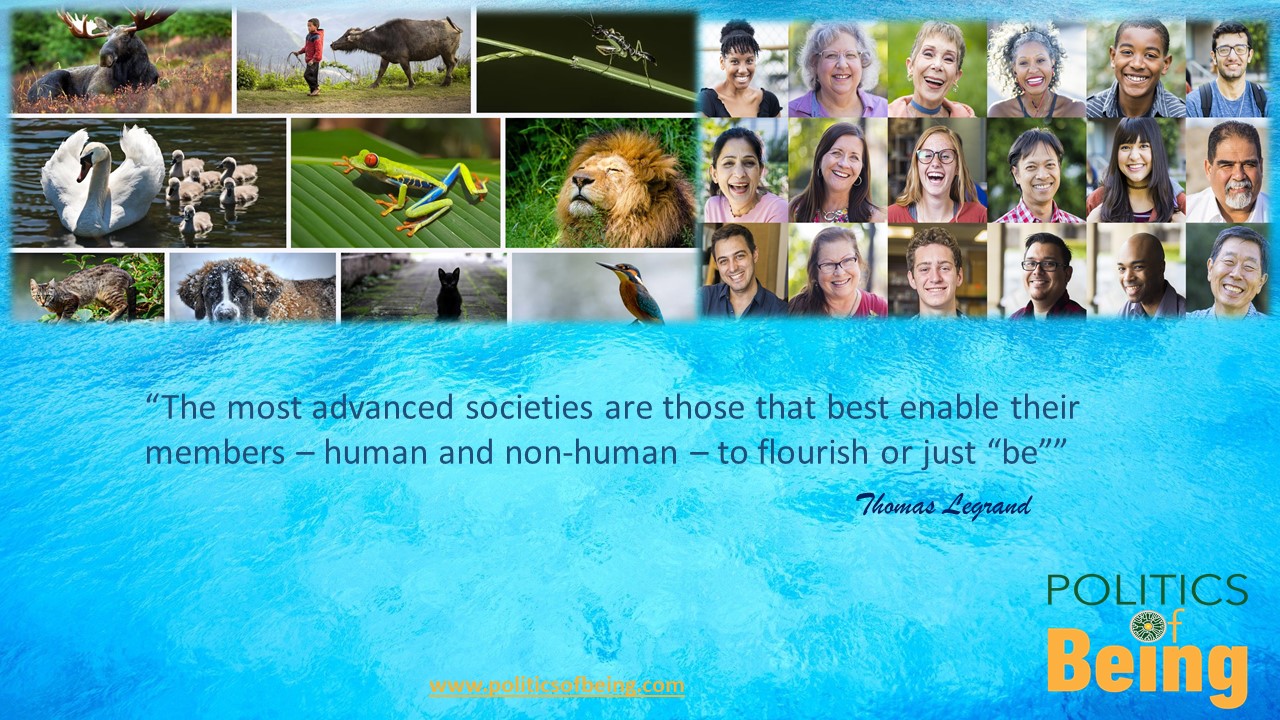
Redefining social progress as “being”
Our nations lost their ways as economic development became an end in itself rather than a means to live well.
Economic production measured in terms of Gross Domestic Product (GDP), which since its invention in 1934 has been the main metric to assess the development of nations, is now widely recognized as a broken compass for our societies.
Alternative indicators of progress have multiplied. They often complement the economic focus with social and environmental indicators, as well as measures of our quality of life and subjective well-being. As part of the same process, the need for a new development paradigm that can support real social progress has been highlighted.
I propose to make “being” – instead of “having” – our new collective goal. By “being”, I mean becoming who we are, the best version of ourselves. This applies equally to nations.
So what does that mean to get better for societies?
In western philosophy, the vision of the good society has been largely shaped by Plato’s transcendentals – truth, goodness, and beauty. Later on, Hegel considered “freedom” the measure of social progress.
In my last blog, I mentioned the main avenues through which the new paradigm of “being” is currently emerging, stating that they also correspond to some of the highest values and ideals: understanding, life, happiness, love, peace, mindfulness, “mystery”.
All these values together constitute the lexical field of most national mottos. They are our highest aspirations, our guiding stars, what our nations are meant to strive for.
Social progress is fundamentally cultural development, and the most advanced societies are the ones that best embody these values in their cultures and social organizations, which in turn enable their members – human and non-human – to flourish or just “be”.
These highest values can also be defined as spiritual qualities, those that emanate from an awakened person. They are a reflection of an absolute, that some people also call god or spirit. The catholic church has considered Plato’s transcendentals as “properties of being” that “reflect the infinite perfection of God”, while Hegel considered freedom the essential quality of mind or spirit (“geist”). From this perspective, social progress is fundamentally spiritual development.
